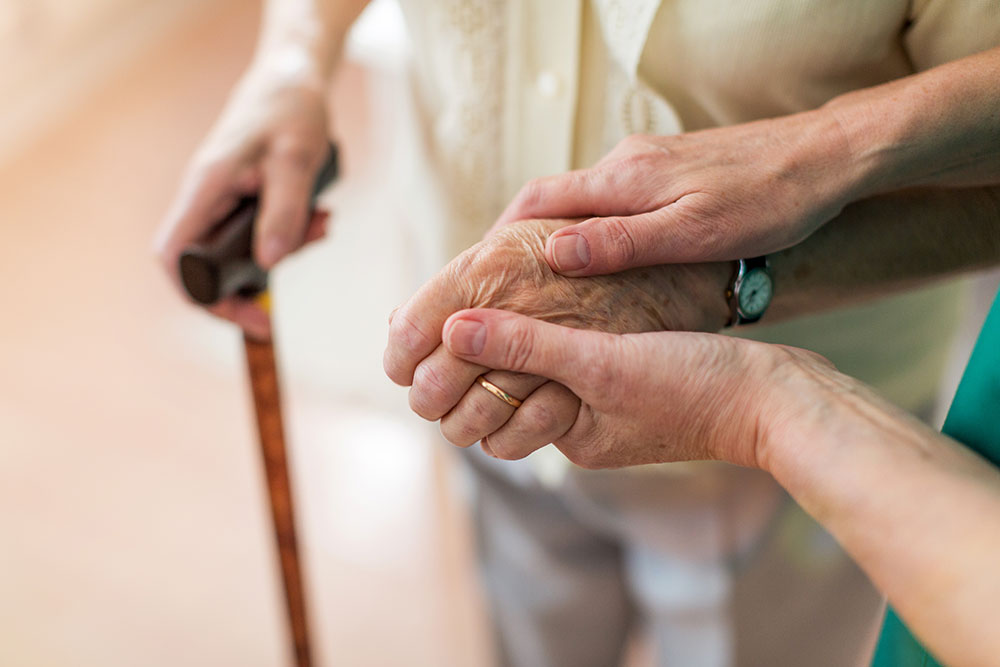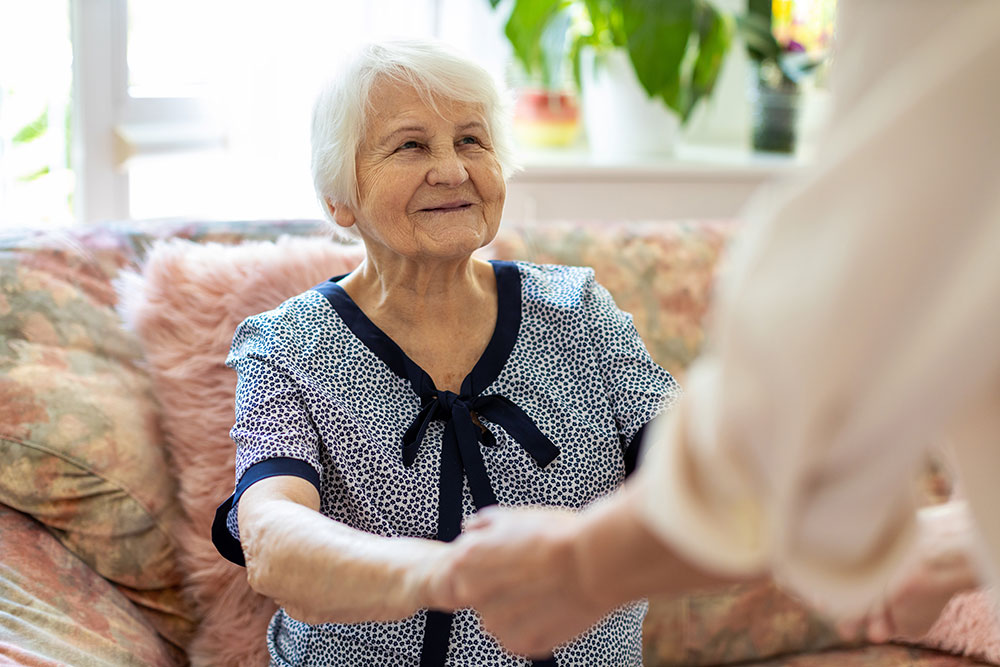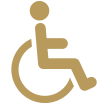Being the primary caregiver for a senior loved one can come with many trials and challenges even if they are a mostly healthy individual. However, if your loved one has any issues with cognitive decline, it can be extremely difficult to do by yourself. Apart from memory loss, Alzheimer’s and other dementia diseases can also exhibit delusions, agitation, confusion, memory changes, and more. With some of these symptoms occurring, it may be time to seek specialized care.
So how do you know for certain if it’s time to make that transition? These indicators may help you make that determination.
You are Constantly Concerned for Your Loved One’s Safety
Whether your loved one lives at home, has a part-time caretaker, or stays in a senior living community already, if their symptoms have gotten unmanageable to the point where you spend each day concerned for your loved one’s safety, it may be time to transition them to specialized memory care.
Memory care facilities are there to specifically cater to those with dementia issues, including being fully staffed with round-the-clock caregivers who are trained to help those with cognitive decline, assuring your loved one’s safety.
You are Concerned About Your Own Safety
As dementia progresses, it can often lead to your loved one becoming very confused and even experiencing extreme personality changes. With this can come threats of violence or even the enacting of said violence.
If this is occurring, and their agitation and anger are making you fear for your safety or for the safety of others in your home, it’s probably time to make the transition to memory care. Trained staff are there to help seniors cope and work through these feelings in a productive and safe manner.
You are Absolutely Exhausted
Physically, mentally, spiritually; if on every level you feel drained, this is not a good sign. While caring for a loved one with dementia, it can leave us neglecting our own health and well-being. While this sacrifice is noble, it also negatively impacts your ability to care for your senior at the same time. Moving to dementia senior living can help alleviate some of this stress while still allowing you to be involved in caregiving decisions.
Your Loved One is Unable to Keep Track of Finances
There are some indicators that begin to point towards your loved one neglecting their finances. If they live alone, take note of their mail or review their checkbook. Are they receiving late or past due notices? Are they going to be evicted or foreclosed on? Are their bills and account statements unorganized?
Not only can this be dangerous for obvious reasons, such as being evicted or having necessary utilities cut off, but it can also open your loved ones up to scammers. Have an open and honest conversation about these concerns and make a decision from there.
Your Loved One Wanders or is Disoriented
If your loved one is prone to wandering about, especially when confused, it may be time to consider a memory care facility. Wandering can be dangerous, especially in the extreme elements of summer and winter, and can be fatal if a senior is not located in a timely manner.
Memory cares are often secure, with armed doors and windows that can’t be opened without an access code or key card. And there are often enclosed outdoor spaces that prevent your loved one from wandering off without a caregiver or escort.

Living Spaces Have Become Deteriorated or Unmanageable
One of the first signs of dementia is hoarding and living spaces that begin to decline. If your senior is normally a tidy and organized person, and you’re beginning to notice some changes that are opposite of that, it may be time to consider memory care.
For example, if you’re seeing mail piling up, food going bad in the fridge, dishes going unwashed in the sink, etc. This can create dangerous and unhealthy living conditions. Many memory care facilities offer housekeeping services and even help with the laundry.
Your Loved One is Experiencing Isolation and Loneliness
Many seniors struggle with feelings of depression and loneliness. However, when it comes to those with dementia, it can be even worse, especially because it can be difficult to leave the house or socialize for any length of time.
When residing in a dementia senior living community, it is much easier for your loved one to get out of isolation and communicate and socialize with others. With specially designed calendars filled with activities meant to be safe as well as engaging, you can trust that your senior is still thriving and making genuine human connection.
Your Loved One has Some Unexplained Physical Changes
Random bruises, weight loss, changes in posture, and even mobility problems can be an indicator that your loved one might need a little more help with some things. This could show that your senior forgot to eat, or forgot that they ate once already and are eating again. They could be falling or hurting themselves and forgetting to say something, letting issues go untreated.
Of course, these are very dangerous and can lead to any number of health concerns. When in a memory care facility, your loved one will be closely monitored, with a caregiver always checking in on their nutrition and overall well-being.
Your Loved One is Neglecting Their Personal Hygiene
Hygiene is something that is very important no matter what age we are. Keeping our body, teeth, clothes, and bedding clean plays a pertinent role in health and is a sign that mental and cognitive functions are operating properly.
However, if your senior is beginning to neglect these day-to-day tasks, it can be very concerning. In a memory care center, trained staff assist residents with bathing, grooming, and keeping clothes and bedding clean.
If a few of these points listed sound familiar, make sure you call Kingsley Senior Living and find out how we can help your loved one make the transition. We understand what you’re going through is difficult, and we just want to be there to help.






